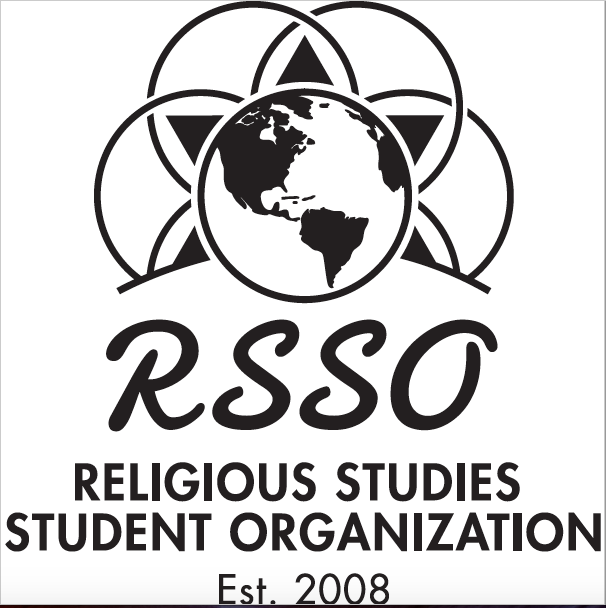Population Control, Climate Change, and Christian Ethics
Moderator
Jocelyn Boor
Start Date
4-4-2020 10:35 AM
End Date
4-4-2020 11:40 AM
Abstract
This paper explores how population control is a harmful solution to the climate crisis. I seek to do this from a perspective of Catholic Environmental Ethics, while focusing on the ways in which the effects of climate change disproportionately harm those who are marginalized based on wealth, race, and global location. Climate change is an unforgiving reality that is the result of human activity in the world. More unfortunate than the simple acknowledgement that it is a reality is the way in which its effects, ranging from extreme heat and natural disasters to civil unrest and war, disproportionately affect those who do the least to cause climate change. Population control, which is the controlling of the rate of population growth, is just one solution that has been proposed to combat climate change; however, it is arguably the most dangerous. The history of population control in the west is wrought with Aryan and anti-immigration sentiment that has led to the coercion of those deemed racially unfit. Population control not only defiles the dignity of people through intellectual and cultural imperialism, but as a solution to climate change, it also ignores the human responsibility to find a sustainable solution that is also socially just. Rights and Responsibilities is a major principle of Catholic Social Teaching, which states that human beings have a responsibility to defend a person’s right to life and the basic needs that uphold human dignity, which are all put at risk in the reality of climate change. Climate change is one of the most imminent threats to creation and human dignity and as such, requires a solution that upholds the inherent value of the Person and of Creation.
Population Control, Climate Change, and Christian Ethics
This paper explores how population control is a harmful solution to the climate crisis. I seek to do this from a perspective of Catholic Environmental Ethics, while focusing on the ways in which the effects of climate change disproportionately harm those who are marginalized based on wealth, race, and global location. Climate change is an unforgiving reality that is the result of human activity in the world. More unfortunate than the simple acknowledgement that it is a reality is the way in which its effects, ranging from extreme heat and natural disasters to civil unrest and war, disproportionately affect those who do the least to cause climate change. Population control, which is the controlling of the rate of population growth, is just one solution that has been proposed to combat climate change; however, it is arguably the most dangerous. The history of population control in the west is wrought with Aryan and anti-immigration sentiment that has led to the coercion of those deemed racially unfit. Population control not only defiles the dignity of people through intellectual and cultural imperialism, but as a solution to climate change, it also ignores the human responsibility to find a sustainable solution that is also socially just. Rights and Responsibilities is a major principle of Catholic Social Teaching, which states that human beings have a responsibility to defend a person’s right to life and the basic needs that uphold human dignity, which are all put at risk in the reality of climate change. Climate change is one of the most imminent threats to creation and human dignity and as such, requires a solution that upholds the inherent value of the Person and of Creation.

